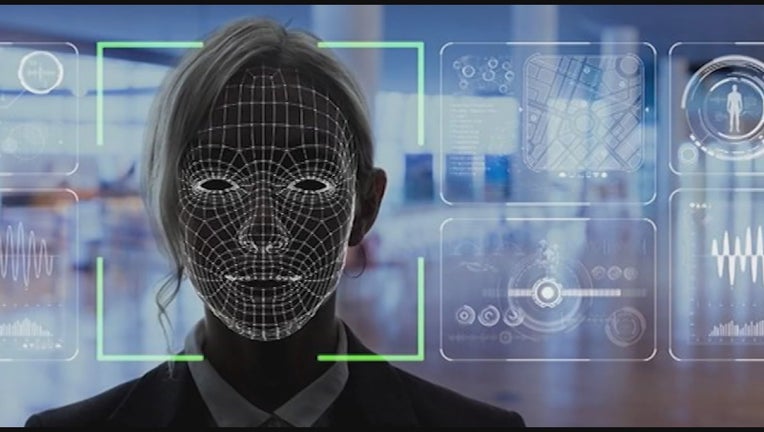Minn. lawmakers consider limits on face-scanning technology for police

ST. PAUL, Minn. (FOX 9) - Metro Transit officials said they had no plans to use facial recognition technology as a crime-fighting tool aboard light rail trains, after privacy advocates and lawmakers raised questions about the transit agency’s new cameras.
The issue came up during a legislative committee hearing Thursday as Minnesota lawmakers consider restrictions on how police can use facial recognition, which now is virtually unregulated. Three other states have imposed bans on certain uses.
Minn. lawmakers consider limits on face-scanning technology for police
Metro Transit officials said they had no plans to use facial recognition technology as a crime-fighting tool aboard light rail trains, after privacy advocates and lawmakers raised questions about the transit agency’s new cameras.
Police groups say no major Minnesota municipal police departments are using the technology currently. But privacy advocates and lawmakers argue that restrictions should be in place before facial recognition becomes widespread.
“This is very alarming,” said state Rep. Eric Lucero, R-Dayton. “We definitely need to take action because the law is not keeping up with technology.”
Under draft legislation posted online this week, law enforcement agencies would be forced to create written policies on using facial recognition technology. Agencies would also need to log how often it’s used and report to the state whenever a new facial recognition tool is obtained.
But state Sen. Warren Limmer, the Republican who chairs the powerful Senate Judiciary Committee, said the draft was only “designed as a starting point” before the legislative session starts Feb. 11.
Limmer, R-Maple Grove, also cautioned lawmakers not to be too restrictive on law enforcement agencies because the technology serves the public good.
“The public good would mean it’s there to gather information for a prosecution and put the signal out that if you’re breaking the law, you’re going to get caught,” Limmer said.
Last week, Metropolitan Council approved a $1.3 million contract to buy new cameras for all 91 light rail cars on the Metro Blue and Green lines. The new software will allow Metro Transit Police officers to monitor video and audio from the 360-degree cameras in real-time.
The vendor, Hitachi Vantara, markets products that allow customers to match faces in real-time. The technology enables users to do identity verification and “proactively address threats to safety and security,” Hitachi’s website says.
Privacy advocate Rich Neumeister raised concerns about the new cameras at Thursday’s hearing, held by the Legislature’s Subcommittee on Data Practices.
Two lawmakers, Lucero and fellow GOP Rep. Peggy Scott of Andover, chimed in. Scott declared that Metro Transit “is now going to have on these trains cameras with facial recognition technology.”
But Metro Transit has no plans to use such technology, said Howie Padilla, a spokesman for the agency.
“We certainly understand people’s concerns about this technology tool. We don’t plan on using facial recognition,” Padilla said in a telephone interview.
Neither Metro Transit nor any law enforcement organizations testified at Thursday’s hearing. Minnesota Bureau of Criminal Apprehension Superintendent Drew Evans watched the meeting from the back of the room.
Andy Skoogman, executive director of the Minnesota Chiefs of Police, later told FOX 9 that he’s not aware of major law enforcement agencies using the tool.
“None of the major municipal law enforcement agencies in Minnesota (Minneapolis, St. Paul, Duluth, Rochester, St. Cloud or Bloomington) say they are using facial recognition technology to scan people in public or private places,” Skoogman said in an email.

